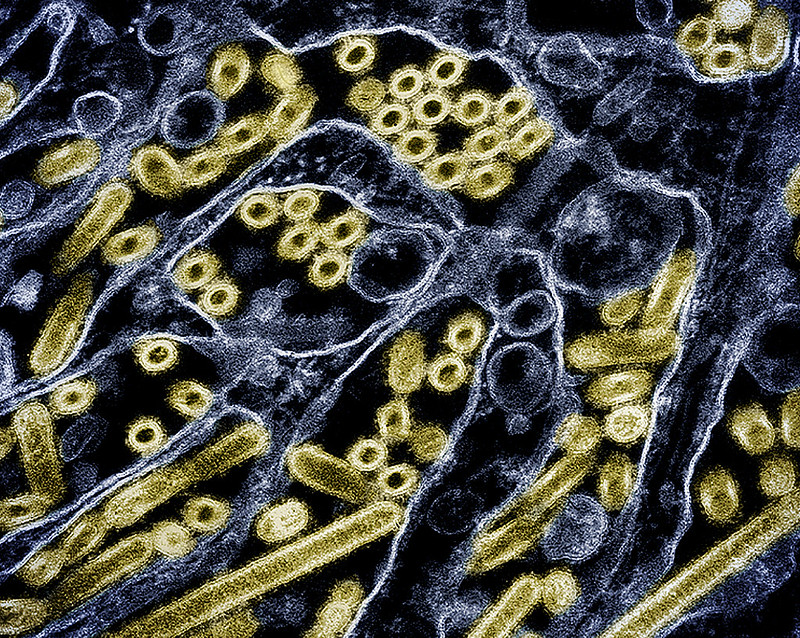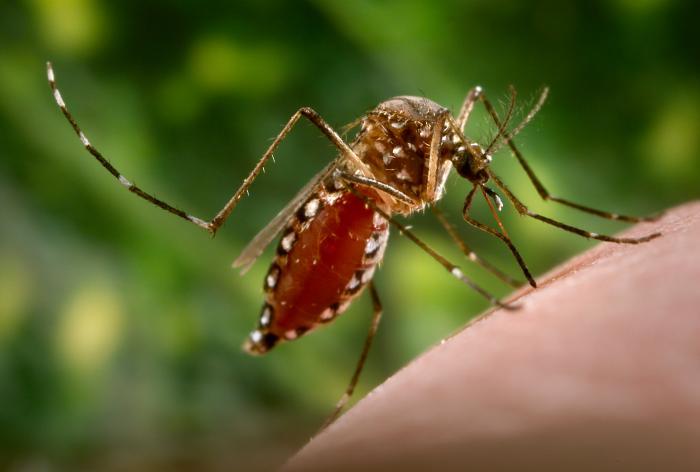A preclinical study of a monovalent mRNA vaccine that targets the H5N1 avian flu clade circulating in multiple world regions is immunogenic and protective, researchers from the University of Pennsylvania and St. Jude Children's Research Hospital reported today in Nature.

The team's goal was to develop tailor-made vaccines matched to flu strains that have high pandemic potential. They first reported those findings in a preprint study in April 2023.
In mice, the vaccine prompted a robust antibody response, and the antibodies neutralized different 2.3.4.4b clade viruses. Experiments on ferrets showed similar results, and the group's challenge studies in ferrets found the vaccine protected the animals from disease and death.
Scientists working on more closely matched version
Scott Hensley, PhD, professor of microbiology at Penn Institute for Immunology and one of the study authors, said on X today that the team is producing updated versions of the vaccine that more closely matches slightly drifted strains circulating today.
At a briefing yesterday, federal health officials said discussions are still underway with mRNA vaccine makers Pfizer and Moderna. An announcement is expected soon on how they might be involved the development of vaccines against H5N1.
.jpg)












